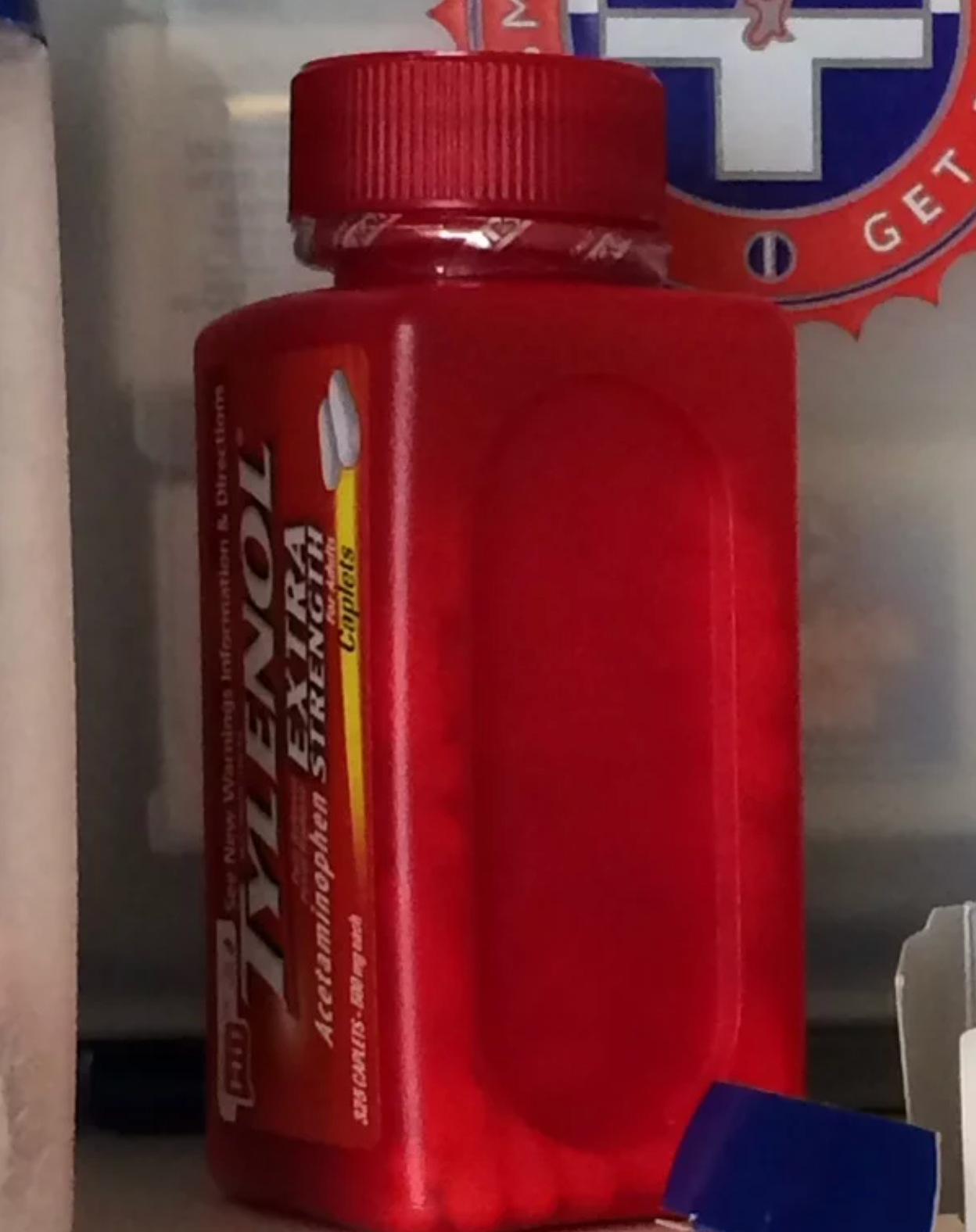Still learning useful lessons from Tylenol case three decades later
Second of a three-part series
The Tylenol cyanide poisoning case in the early 1980s not only resulted in a terrific response to a crisis; it changed the way we view packaging safety in almost every industry.
In October of 1982, someone placed a deadly amount of cyanide into Tylenol capsules, resulting in the deaths of seven people. Johnson & Johnson, the parent company of the maker of Tylenol, ordered retailers to pull all the medicines off the shelves as soon as possible.
The order hit home for me, as I remember personally removing bottles and bottles from the shelves of a local grocery store where I worked at the time. Tylenol capsules eventually returned to the market with their bottles secured tightly with plastic.
Today, most of us can’t imagine purchasing medicines or any other ingestible item without that familiar safeguard. Tylenol rebuilt brand loyalty with the safety proposition along with discounts. And it changed the way manufacturers do business.
Today, reputation management pros still look back to this case for guidance. It's a legendary example of great crisis management. In times of crisis, the character of a company reveals itself with complete clarity.
We have been consumed by the case of a racist NBA Basketball owner who was caught in one of the biggest PR blunders we’ve seen in a while. Donald Sterling was recorded by his girlfriend uttering his dislike to her being seen with black people in public. The NBA suspended Sterling for life, but leading up to the suspension, Sterling appeared to be in denial. Those words were not his beliefs, he said. His PR handlers offered a statement about the woman who recorded Sterling's voice, saying she was in litigation with the family.
Meanwhile anyone with access to TV, radio or the Internet heard the recording, and in the court of public opinion Sterling had already been judged. One can surely argue that the Tylenol case had more at stake, including several deaths. Tylenol responded quickly, resolved a serious problem, and remains popular today even as more and more painkillers flood the market every year.
Sterling, whose history of settling discrimination cases suggests an unflattering track record, could have taken a different path. But he did not immediately own up to his words in public. He did not apologize for the hurtful things he said. He will leave a tarnished legacy.
Byron McCauley is Founder + CEO of McCauley Communications.

